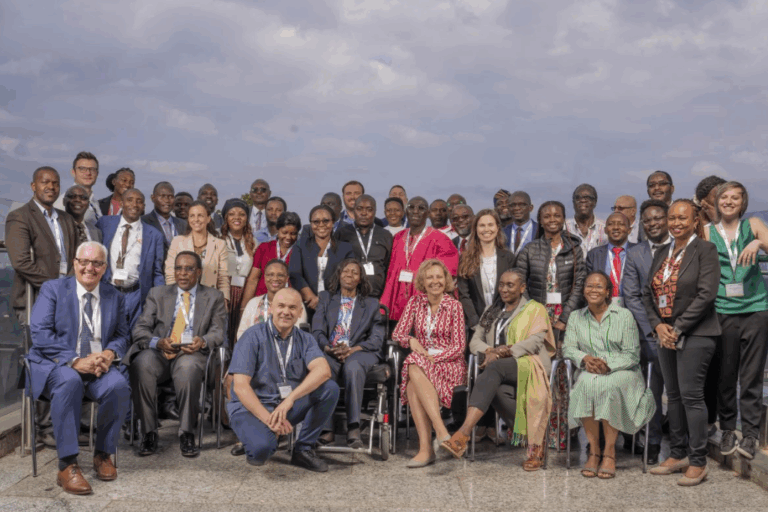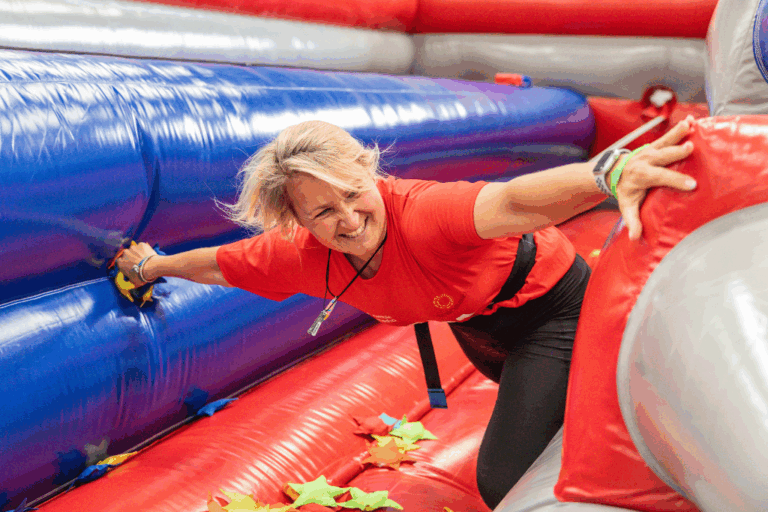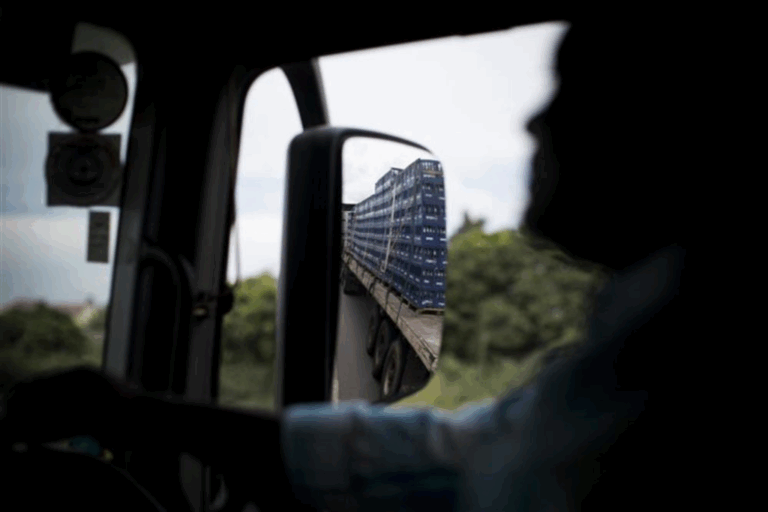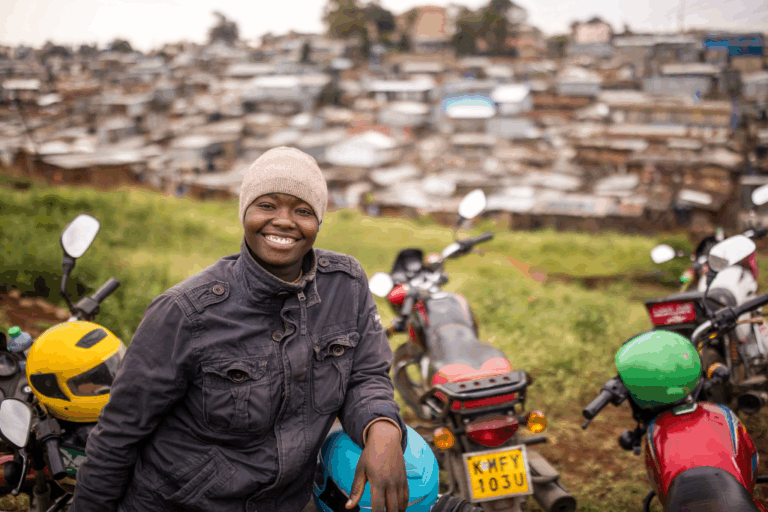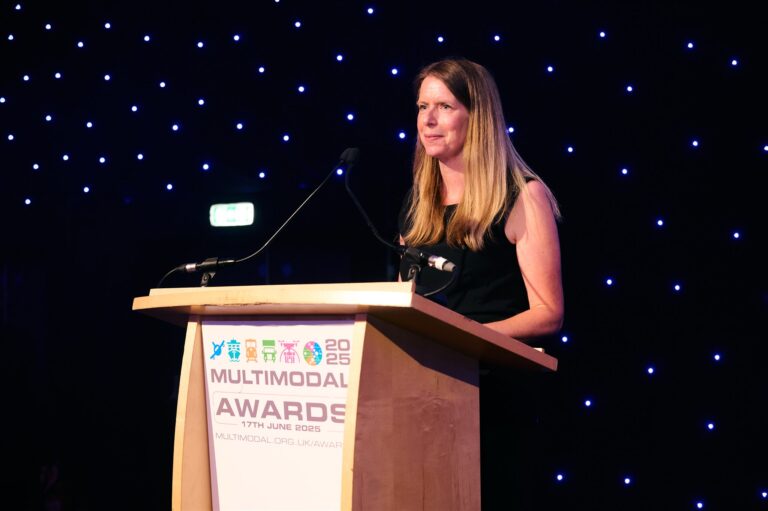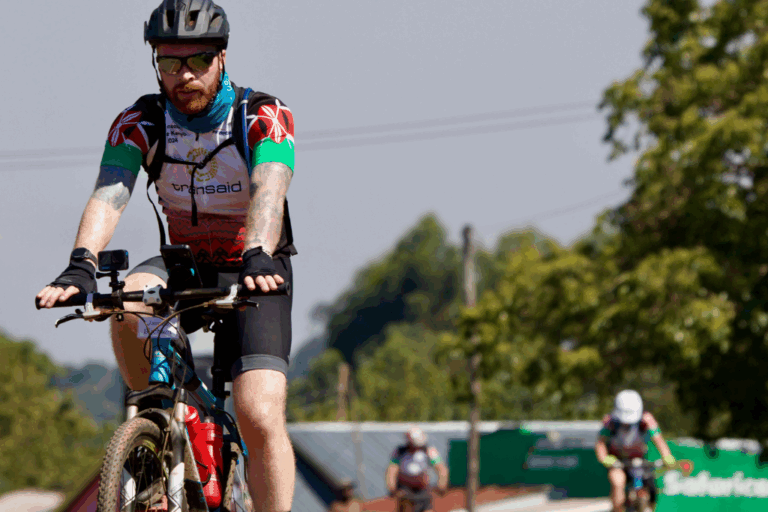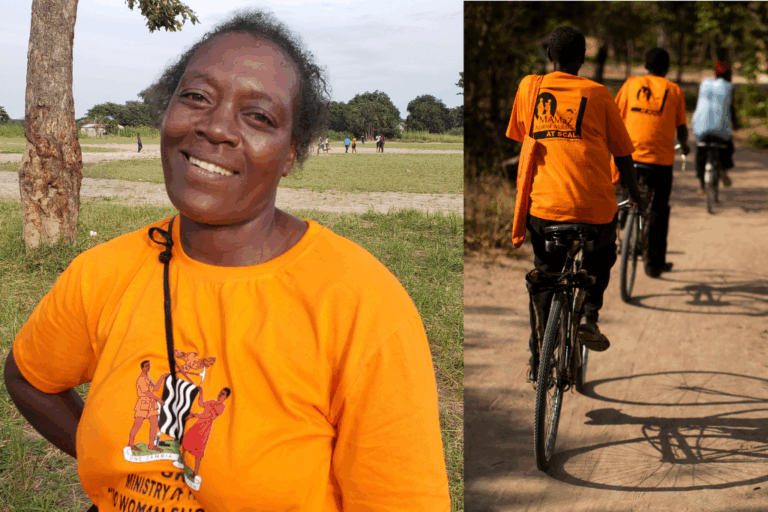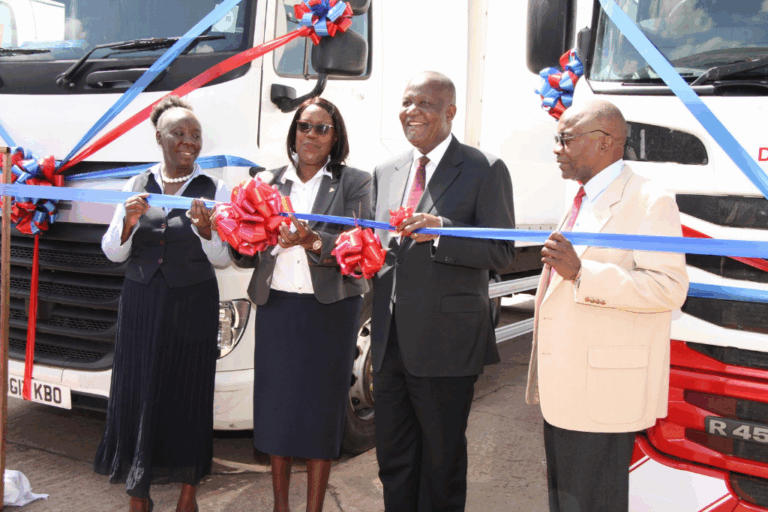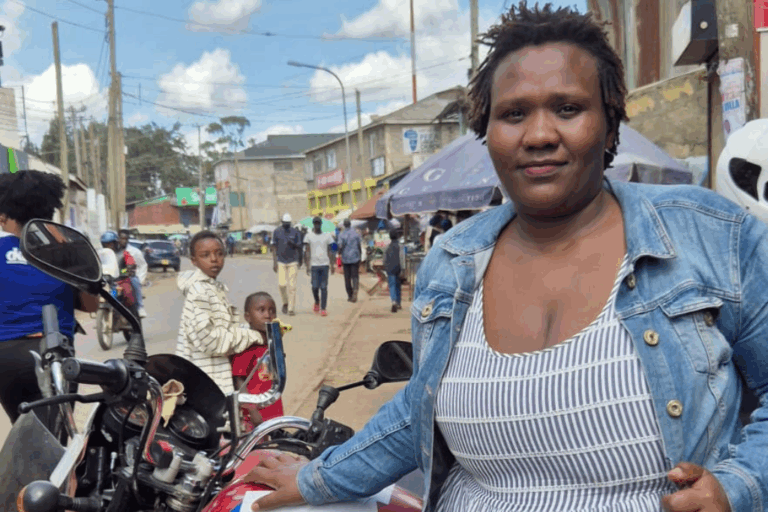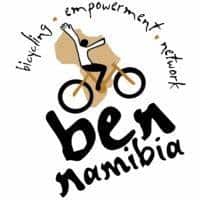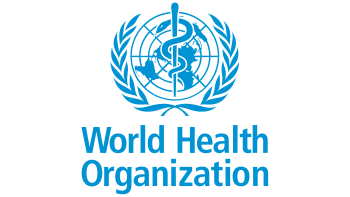
News
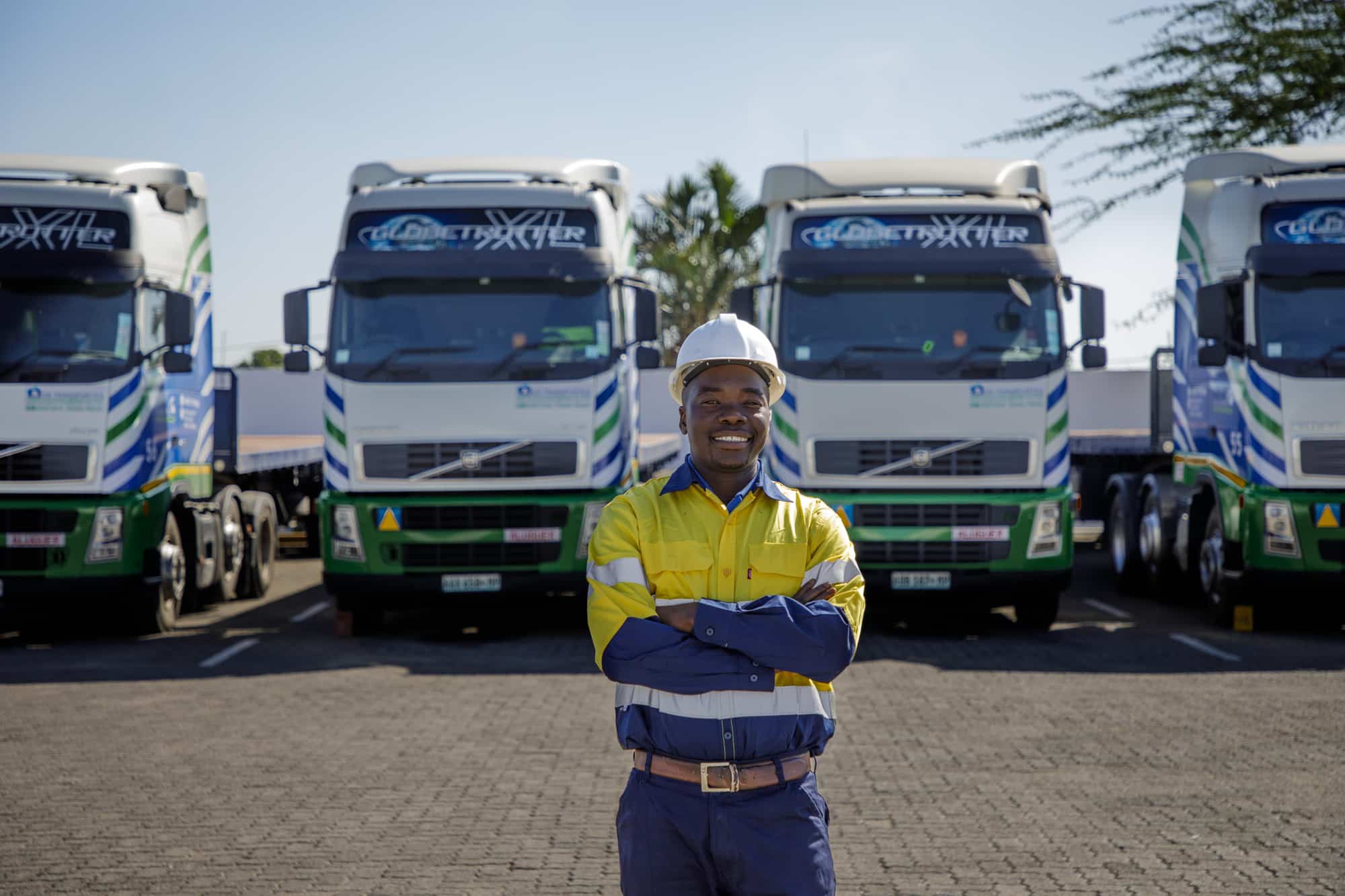
Idess and Rosemary: The story of two bicycle ambulance riders
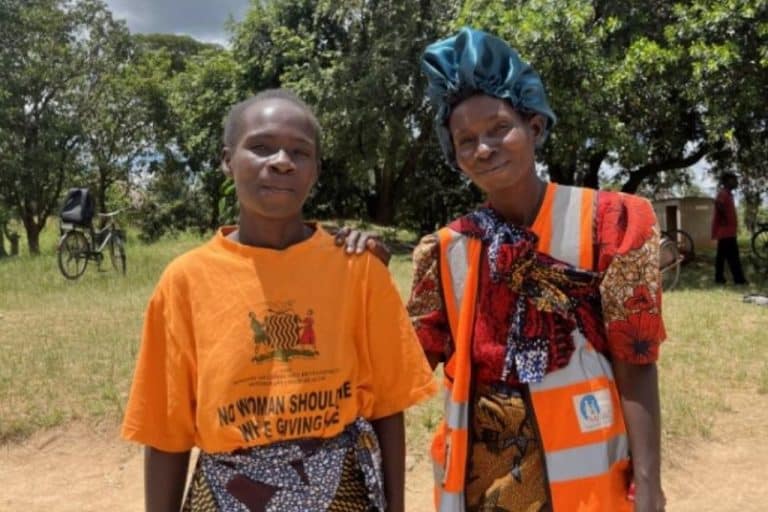
Idess and Rosemary are sisters who live in Mulilima, Zambia. In the past, they have witnessed many deaths in their community which might have been avoided if there had been access to a bicycle ambulance or the appropriate medical treatment. As a result, when Idess and Rosemary were chosen to become bicycle ambulance riders in 2017, they both gladly accepted.
Idess and Rosemary’s family initially had reservations about them joining the MAMaZ riders volunteering group because it was unpaid work, and they could not understand the immediate benefit. However, the sisters went ahead and as time progressed they began to notice the number of lives that Idess and Rosemary were helping to save. Their family has since become extremely supportive of the work.
Rosemary is a great advocate for the MAMaZ project. She is a member of a committee that encourages people to make monthly contributions towards the Mulilima village foodbank. The foodbank is an essential part of the wider project, ensuring that the well-being of both women and children transported to health facilities is taken care of, as well as the children that are left at home. The Mulilima food bank has reduced the number of issues associated with food supply because the mother can contact the bank for support.
Rosemary told the story of a 14-year-old girl who was sexually assaulted and became pregnant. The volunteers supported her throughout her pregnancy. Rosemary explained that during that last month of her pregnancy, they ensured that the bicycle ambulance was always nearby in order to take the young woman to the health facility for safe delivery of her unborn child Thanks to the forward planning of the volunteers, they were able to avoid what could have been a serious emergency. This case also encourages other expectant mothers to be conscious of their due date and plan ahead.
Although there are still many cases of emergencies and unforeseen circumstances, the sisters explained that the situation was much worse before the MAMaZ project.
Idess told the story of a family that called on her late one night. The expectant mother was in labour and it would have taken them three hours had they walked to the health facility. Thanks to the bicycle ambulance, Idess was able to transport her to the clinic in a much shorter time and she delivered as soon as they arrived. The healthcare workers took good care of the mother and child and there was great relief, as if they had walked to the facility, it could have been a very different story. Idess explained that she keeps in contact with the mother and child and visits them often.
Idess and Rosemary are so grateful for the bicycle ambulances in their community because they have helped to save so many lives. They hope that the support continues and that more bicycle ambulances become available for other communities.
The Mobilising Access to Maternal Health Services in Zambia (MAMaZ) and further follow up programmes were delivered in the period 2010 – 2021 by a consortium of partners and aimed to improve access to healthcare services and life-saving medical treatment in remote regions of Zambia. The bicycle ambulance was established as an Emergency Transport System (ETS) in a context where there are limited formal ambulance services. Staffed by volunteer riders and custodians, they provide a vital link between rural communities and health services.
Download Idess and Rosemary’s full story as a PDF here.
Recent Posts

